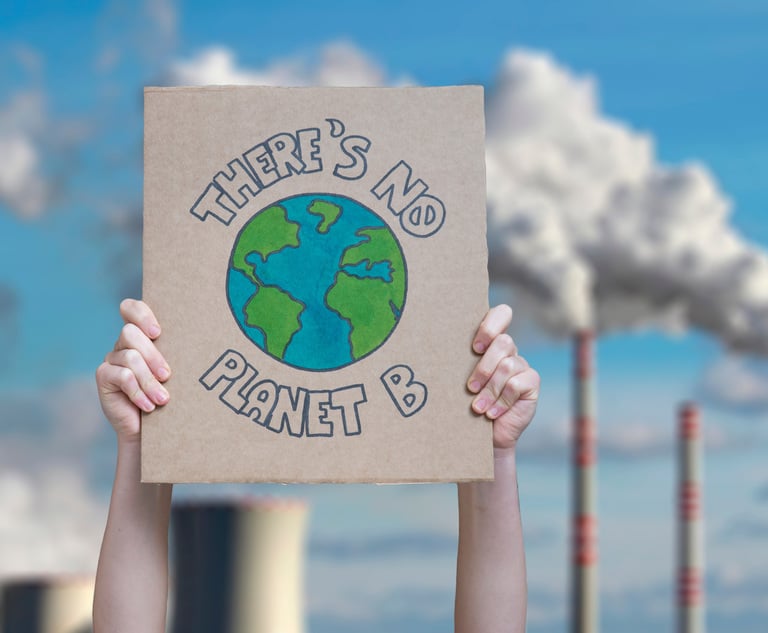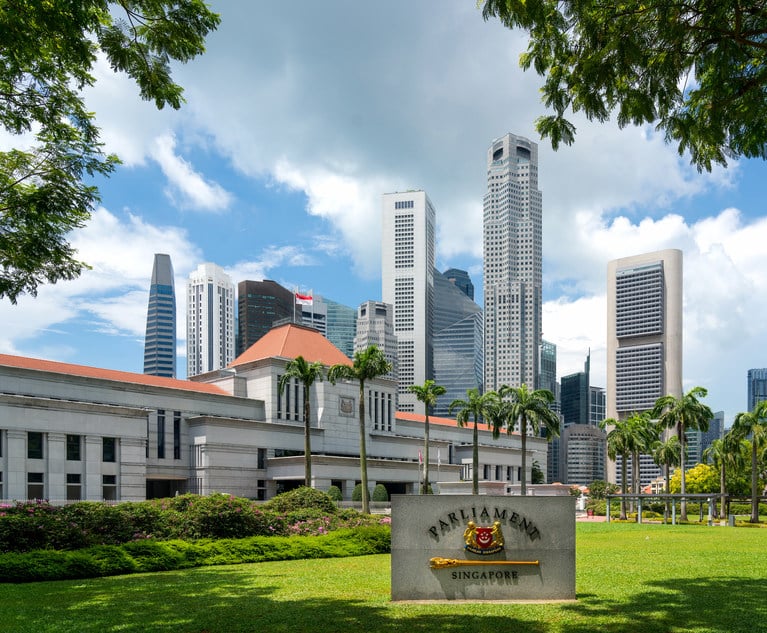Between 1885 and 1908, several million African slaves died extracting rubber from the Congo Free State, an area 76 times the size of Belgium. This private project belonged exclusively to one man – the Belgian king, Leopold II. When increased demand for tyres, tubing and cable insulation caused a worldwide rubber boom during the 1890s, King Leopold grew even wealthier. The scramble for Africa had begun. By 1914, the European powers, most notably the UK, France, Germany and Portugal had carved up every African country on the map, except for Liberia and Ethiopia.
Today, a new scramble for Africa is underway. The G8, the World Bank and the International Monetary Fund are targeting poverty, disease and conflict, aiming to replace them with prosperity, progress and peace. Their mandate is to invest, build and develop the potential of 900 million people in Africa, a continent where, despite an abundance of natural resources, infrastructure needs far exceed the local ability to finance.








